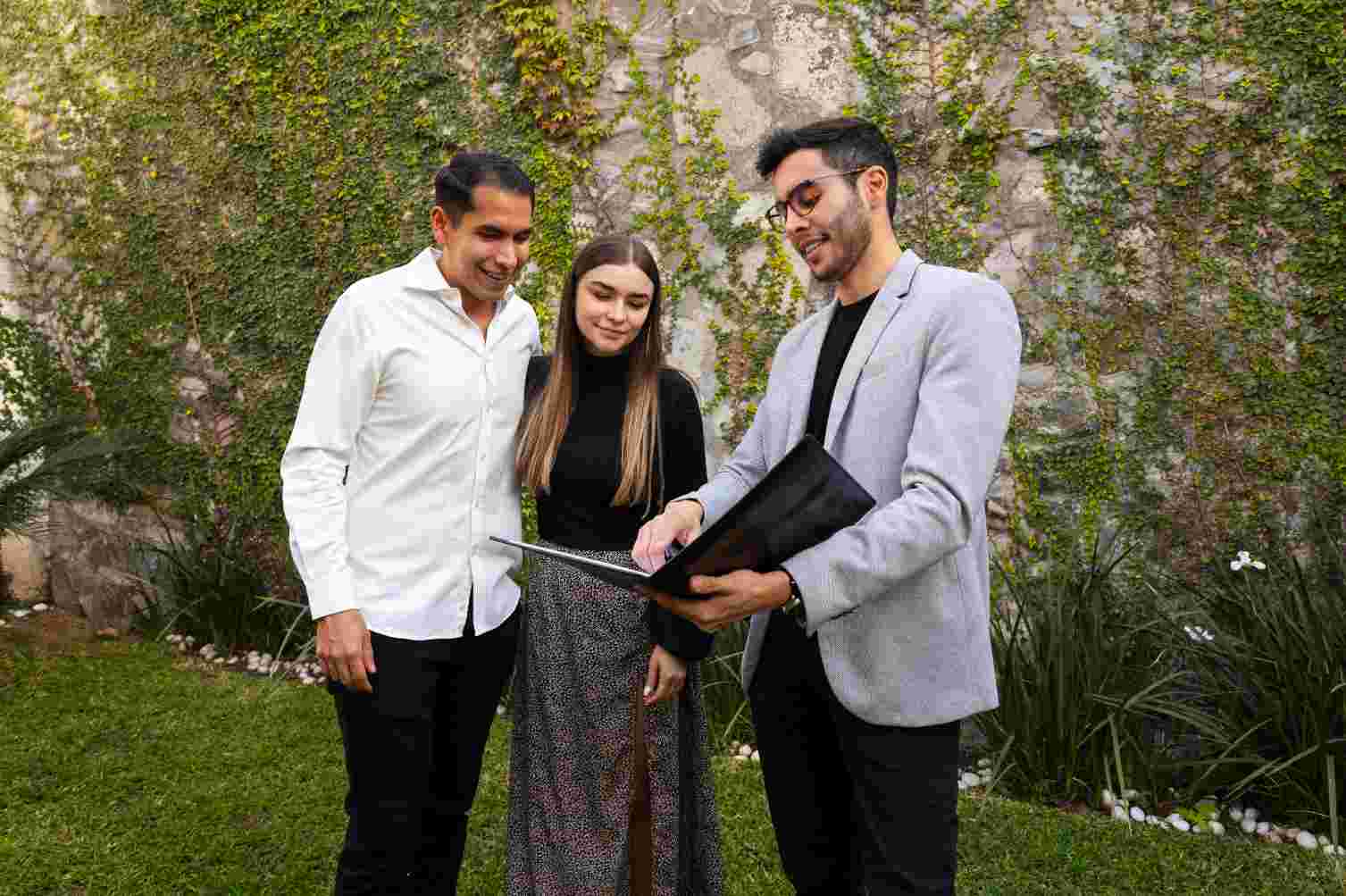Supremo
May 6, 2025

Weddings today don’t always look like the ones our parents or grandparents had. While the love part hasn’t changed, everything else has—what people wear, where they get married, and even how the ceremony is done.
More and more couples want their weddings to reflect who they really are—not just tradition. That means the wedding officiant, the person leading the ceremony, does much more than read a script.
Today’s officiants need to be flexible, open-minded, and ready for just about anything. They’re helping couples from all kinds of backgrounds and beliefs and creating ceremonies that feel personal, not just official.
Let’s break down how the role of the wedding officiant is changing and why it matters more than ever.
People used to follow a set wedding format—church, vows, rings, kiss. Now, couples want ceremonies that reflect who they are. Some go for fun backyard vibes, while others prefer spiritual but non-religious.
Many mixed families or cultural traditions exist. A wedding officiant helps bring everything together, creating a personal and authentic ceremony for the couple’s story.
This isn’t just a one-time meeting kind of thing anymore. Many couples want their officiant to actually know them. They want the person who marries them to understand their story, their personalities, and what makes their relationship unique.
Wedding Officiants often spend time talking with the couple before the big day. They ask questions, listen to stories, and understand how the couple interacts. That way, speaking during the ceremony doesn’t sound like they’re just reading something off the internet.
These days, not every wedding is happening in a church or a courthouse. Some couples are saying “I do” on beaches, in forests, on rooftops, or even in their own backyards.
This means wedding officiants need to be ready for anything. They might need to speak louder if there’s no mic, or they might have to adjust quickly if it rains. Some ceremonies are ten minutes long, and others take over an hour.
Being flexible and prepared is a big part of the job now. You never know what kind of space or vibe a couple will go for.
No matter how fun or fancy a ceremony is, it must still be legal. And here’s the thing—every U.S. state has different rules about marriage and who’s allowed to officiate.
This is why so many people are looking into proper wedding officiant training. It helps them learn what’s legally required in their state, how to fill out paperwork, and how to avoid mistakes that could cause later problems.
A well-trained officiant isn’t just someone who can deliver a beautiful speech—they also make sure everything is legal and official.
A growing number of people don’t belong to any one religion, but that doesn’t mean they want a dull or cold ceremony. They still want something meaningful.
Some weddings blend two faiths or cultures. Others might include poetry, personal vows, or symbolic rituals like handfasting or candle lighting.
Officiants must know how to handle all that with care and respect. It’s not just about having the right words—it’s about creating a special moment for everyone.
That’s why many people are now choosing to become wedding officiants through training programs that teach them to manage all kinds of ceremonies with sensitivity and creativity.
In the past, people became officiants mainly to marry a friend or relative. Many see it as a side hustle or even a full-time job.
Trained officiants are in steady demand and often book multiple monthly weddings, especially during peak seasons. It’s a meaningful role where you help couples celebrate one of the most significant moments of their lives.
Weddings can be stressful. People cry, nerves kick in, and things don’t always go as planned. A good wedding officiant helps keep things calm and on track.
They know how to roll with last-minute changes, stay focused when someone forgets the rings, and even crack a joke if someone needs to breathe.
Many people overlook this emotional balance, but on the big day, it makes all the difference.
Being a wedding officiant today isn’t just about reading vows. It’s about showing up for people. It’s about listening, learning, and leading with heart.
Whether you want to marry your best friend, serve your community, or turn it into a career, there are tools to help you do it right. The legal side matters. The emotional side matters. And your role does make a difference.
That’s why all faith ministry supports people who are ready to enter this role. From online ordination to training and resources, they help you get started—and keep growing.
So, if you’re ready to explore this path or have wondered what it takes to become a wedding officiant, this might be the perfect time to begin.
Reach out to us for more details and personalized assistance. Our team is here to answer your questions and provide the information you need. Contact us today to learn more!